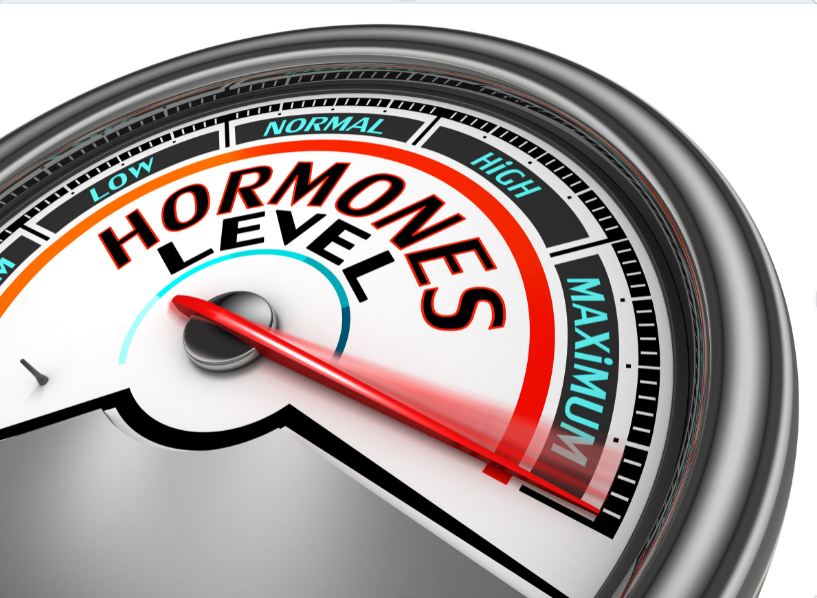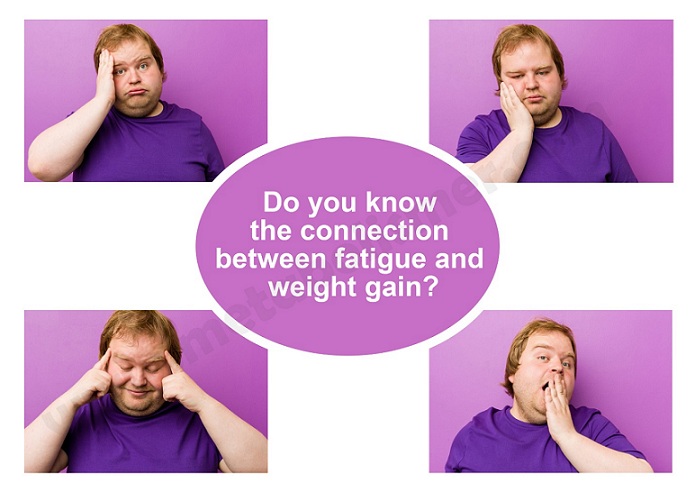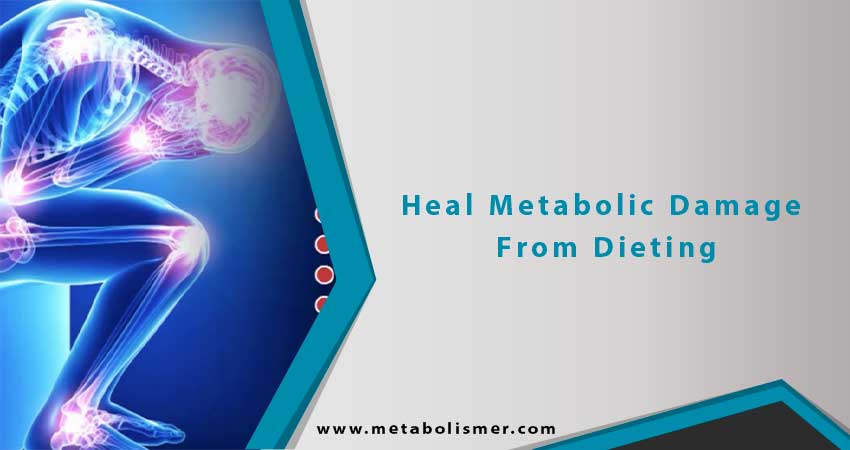Obesity and hormones
Some people are looking for an explanation for their fatigue or weight gain that is associated with their hormones and metabolism.
In addition to those, we also meet otherwise healthy people who insist on taking some sort of hormones on a regular basis because they erroneously believe they will achieve some favorable effects in overcoming a weight or metabolic problem.
we advise against putting more hormones into your body to deal with such issues. In fact, hormones will not help. Instead, they pose a danger of altering your natural hormone production. Additional hormones can cause long-term negative effects on your body that can lead to dependence for the rest of your life.
Your body needs regular medical checkups. You have to pay close attention to what is going on inside, just like you sort the mail every day or “declutter” your room and living spaces. We don’t accept spam or junk mail on our computers because it is of no good use to us.
The same is true when it comes to harmful and toxic products that make their way into our bodies. We have to throw them away. They are no good to us. They need to be removed regularly, otherwise they will cost us space, time, and eventually will dominate the healthy aspects of our lives.
Some products are healthy just like those documents we hold on to and file away. Healthy nutrients and good habits such as exercising at least thirty minutes three to four times a week are the kind of things we want to keep.
Exercise gives us a sense of reward and helps us to reap enormous benefits even with minimal amount of weight loss. Exercise harmonizes with your hormones to optimize your internal biochemistry and helps you to reclaim your body once again.

WHY HORMONES MATTER TO ALL OF US
We all know that fad diets are a thing of the past, and that the no-carb, no-fat crazes of the eighties and nineties are scientific laughingstocks and pop-culture dinosaurs. Welcome to the future—this is the era of genome mapping, stem-cell research, and nutrigenomics (the study of how food communicates with our genes).
Yes, calorie counting and exercise are very important, but they are not the whole story. Underneath the dieting and workout programs are the little messengers that carry information from your body to your brain and vice versa. These “little messengers” are your hormones.
What do hormones have to do with anything?
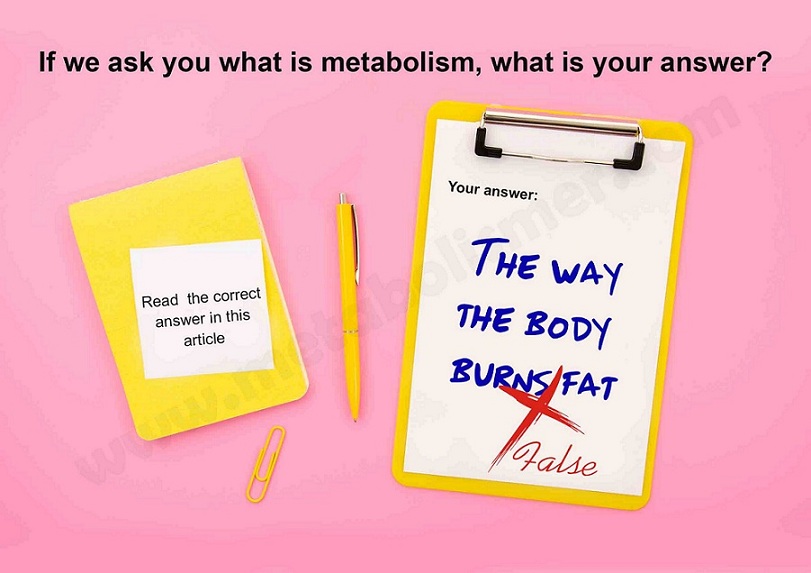
If we were to ask you what your metabolism is, what would you say? we bet you would answer, “The way my body burns calories.”
If so, you would be wrong. That’s one of the key things your metabolism does. But do you know what it is?
The answer is hormones! Your metabolism is your biochemistry.
Some hormones tell you you’re hungry, some tell you you’re full. When you eat, hormones tell your body what to do with that food, whether to store it or burn it as fuel. And when you exercise, hormones tell the body how to move and consume energy stores, and how to boost or shut down different parts of the body. Hormones control almost every aspect of how we gain weight—and how we can lose it.
Whether you’re a girl or a guy whether you’re young or old, your weight has everything to do with your hormones. Whether you want to lose the freshman fifteen, the postbaby belly, or the beer gut, your hormones determine whether you’ll succeed or fail. And right this minute, your hormones—and by definition your metabolism—are being set up to fail.
The secret of permanent weigh loss: hormonal harmony

The endocrine system is sometimes compared to an orchestra. Each hormone is like an instrument. Playing together, in tune, they sound amazing.
But what happens if, right in the middle of a concert, the violin suddenly goes wildly astray, twanging away? And then the clarinet starts shrieking? And then the pianist can’t keep a steady pace?
They would sound like crap, right?
It’s exactly the same with your metabolism.
Your body can’t work the way it’s supposed to if any of your hormones is out of tune. Once one loses the beat, they all follow. That’s why, when your hormones are off note, you can’t just focus on one hormone at a time—you have to work to get them all in tune and playing in the right key again So the weight-loss products that target them must work, right? Hardly. Thing is, those bunk “treatments” focus on only one hormone at a time (if they even work at all), which is a very incomplete and misleading picture.
Unlike those infomercials, instead of trying to isolate one hormone at a time—which is totally impossible—you must learn how you can naturally optimize all of your hormones. And how you can do it without taking dangerous or expensive drugs.

Our hormones—all of them—are influenced by millions of things in our diet and environment, from processed foods to pesticides to lack of sleep to excess stress.
Any disruption will kick one hormone into overdrive and another into hibernation mode.
When the normal function of one hormone gets thrown off, that imbalance creates another, and another, and another.
Way too often, these chronic imbalances make you fat—even when you are ruthless and meticulous about calorie counting and burning.
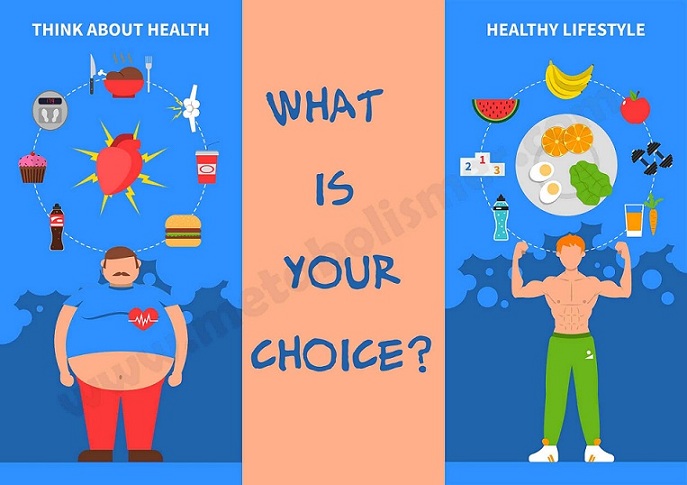
When your hormones are at their optimal levels, your body functions at peak efficiency:
• Your metabolism starts jammin.
• You look a lot better.
• Your body maintains a healthy weight without much conscious effort.
• Your belly flattens.
• Your skin is clear and radiant; your hair and nails are strong and shiny.
• Your eyes are bright.
• Your senses are keen, not dulled.
• You don’t suffer from excessive hunger or crazy cravings.
• You get cut and lean.
• You have energy to burn.
• You live a longer, healthier life.
HOW WE CAME TO REALIZE OUR HORMONES WERE TOTALLY SCREWED UP
Doctor after doctor, study after study, test after test, shows us this very scary fact: In our quest to be “skinny, ”you have to abuse your body for years and years.
Rather than getting thinner, you’d succeeded only in aging yourself, screwing up your hormone levels, and teaching your body to be fatter.
But that’s our point: Despite all of that work, your body still wasn’t responding the way it should have, which is when you realize you are missing a piece of the puzzle.
So, the solution to living happily and healthily is hormone balance—not an impossible regimen that sucks the joy out of life.
The statistics tell the story:
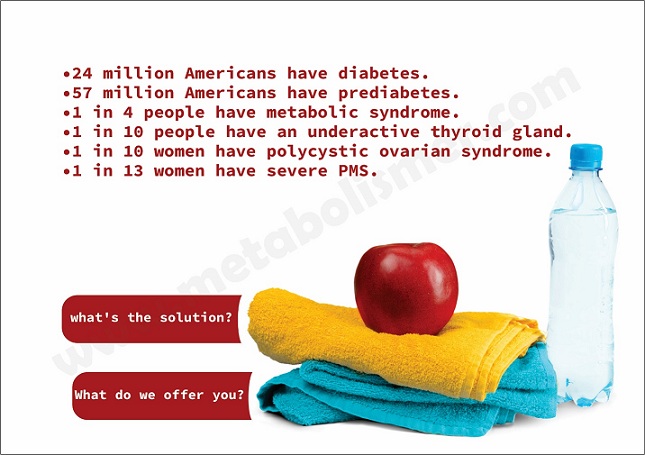
• 24 million Americans have diabetes (1 in 4 don’t even know it yet).
• 57 million Americans have prediabetes.
• 1 in 4 people have metabolic syndrome.
• 1 in 10 people have an underactive thyroid gland.
• 1 in 10 women have polycystic ovarian syndrome (PCOS).
• 1 in 13 women have severe PMS.
All of these conditions are caused by hormonal imbalance. Some are the predictable result of aging; some are brought on by genetic predisposition. But what’s the most common symptom of an out-of-whack endocrine system?
Excess body fat, plain and simple.
Obesity—not to mention premature aging and disease—is caused by hormonal imbalances that gradually wear down the endocrine system until it is tricked into packing on pounds.
And once your metabolism thinks you want to put on weight, it does all it can to accommodate you.
That’s why two out of three of us are overweight, and one in three of us have become obese.

The great hormonal fake-out
Any and every body function you can imagine is controlled by your hormones.
From minute to minute, your biochemistry tries to maintain homeostasis—a sense of balance—in your body. In addition to helping all the systems of your body—your kidneys, gut, liver, fat, nervous system, reproductive organs—communicate with one another, your hormones have another enormous job.
Whenever your body interacts with millions of external variables—the contents of your meal, the time of day, the intensity of your workout—your endocrine system responds, releasing hormones to help you balance your blood sugar, go to sleep, burn fat, or build muscle.
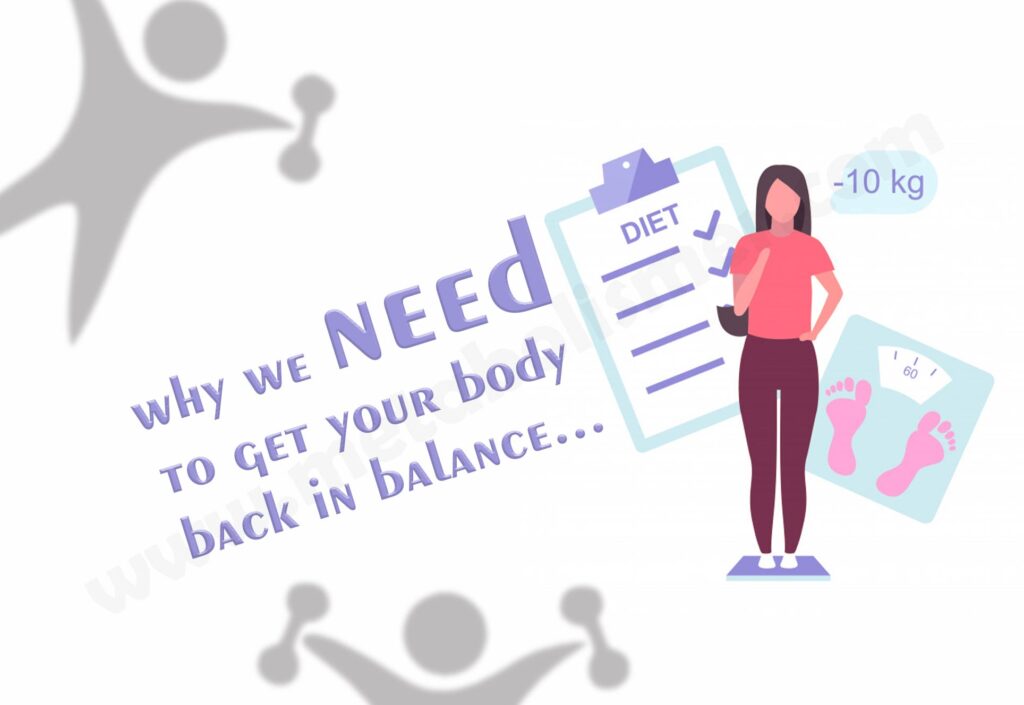
The only problem is that sometimes those external variables shoot way off the charts, and your hormones don’t know which way is up.
They try to help your body regain balance, but in the face of unhealthy foods, environmental toxins, or too much stress, they begin to overreact and over-compensate. And that’s when the problems start.
Too many stressful deadlines spike belly-fat-creating cortisol. Synthetic estrogens in the environment assault the body from every corner, and fake out your testosterone.
Too many missed nights of sleep make fat-burning growth hormones dip low. Skipped lunches make the hunger hormone ghrelin jump.
Addictions to sugared sodas stop satiety (fullness) hormones like leptin from working.
These dramatic hormonal shifts weren’t part of your body’s original plan. So the unpredictable fluctuations start to wear down your body’s natural regulatory processes.
Your endocrine system no longer understands what balance looks like.
It stops responding the way it should. Your organs take a beating; your glands burn out.
You get hypothyroid, leptin-resistant, and insulin-resistant.
And then you gain weight.
That’s why we need to get your body back in balance.

What’s at stake
There’s evidence of a national endocrine meltdown everywhere.
More Americans are overweight than ever before—72 million of us. Obesity is the second leading cause of preventable death. Only the act of lighting known carcinogens on fire and repeatedly inhaling them into your lungs— aka smoking—beats it out for the deadliest spot.
People who are obese are 50 to 100 percent more likely to die earlier than people of normal weight. They also have a higher rate of many debilitating and/or deadly conditions:
• Arthritis
• Atherosclerosis (hardening of the arteries)
• Cancer (especially cancer of the pancreas, liver, kidney, endometrium, breast, uterus, and colon, and possibly leukemia and lymphoma)
• Congestive heart failure
• Coronary heart disease
• Crushing depression
• Devastating social stigma
• Gallbladder disease
• Gout
• Heart attacks
• High blood pressure
• High cholesterol
• High triglycerides
• Respiratory problems
• Sleep apnea
• Stroke
• Thicker heart walls
• Type 2 diabetes
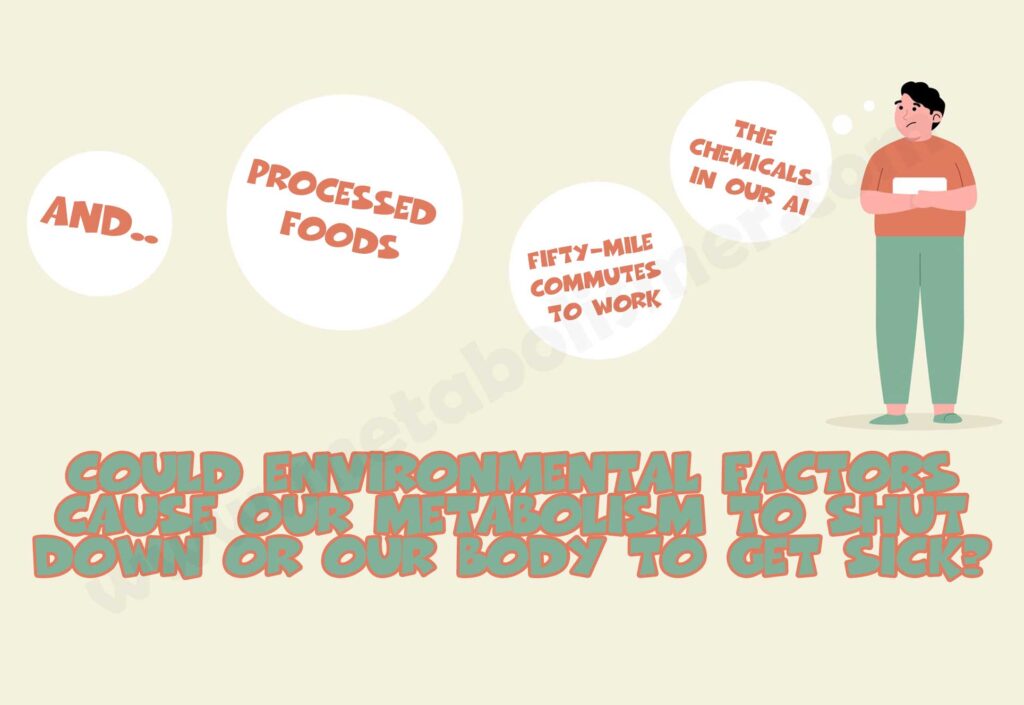
We know there are supposedly many reasons why this is happening: twenty thousand cable TV channels, super mega cheeseburgers, processed foods, fifty-mile commutes to work, seventy-hour workweeks.
But there are other reasons that no one seems to be talking about. What about the chemicals in our air, water, cosmetics, clothes? How about the weed killer on our neighbors’ lawns? How about the plastic that’s invaded every corner of our world?
We’ve demonized our “supersize me” habits for a long time. But there are many other environmental, dietary, and societal factors that have come into play only in the past thirty years, and a vast number of them disrupt our hormones and switch off our metabolisms.
we have watched so many people we love go down the path of hormone-induced early death. You know that guy—maybe you are that guy—with a barrel of heart-attack fat strapped onto his waist.
Or that woman who finds a lump in her breast at twenty-eight. Or the kid who gets diagnosed with “adult onset” type 2 diabetes before he’s allowed to see a PG-13 movie.
The diagnosis rate for diabetes has shot up 40 percent in the past decade.
What the heck is going on here? Why are our hormones spinning so out of control, and how are we ever going to stop them?
Clearly, there is only one way. We have to wake up and realize that every bite we take and every lifestyle choice we make matters.
Not just for calories or fat or carbs, but because those bites or choices tell our bodies how to react. With bite after bite, sip after sip, breath after breath—when we pick the wrong foods or surround ourselves with toxic chemicals, each moment of consumption tells our hormones to do things that, consciously, we would never want them to do.
We have to learn how our modern food supply and toxic world interact with our hormones. We have to understand exactly how they make us overweight and sick. That’s the only way we can set it right again.
But first take a look at why some people become fat.
THE ROOTS OF FATIT’S (PARTIALLY) IN THE FAMILY

Consider these elements of the family environment that are associated with an increased risk of developing obesity:
• Mother’s weight: By the age of 6, kids born to overweight mothers are 15 times more likely to be obese than kids born to normal-weight mothers.
• Breast-feeding: Numerous studies link breastfeeding to lowered chance of childhood obesity. Some experts estimate that bottle-fed babies have a 15 to 20 percent greater chance of being obese than breast-fed babies.
• Television: Every hour of television teens watch increases their risk of developing obesity by 2 percent. Reducing television viewing to 1 hour a week could cut the number of obese teens by almost one-third.
• Family meals: A survey of 8,000 kids found that those who didn’t eat many meals with their family but watched a lot of TV were more likely to become overweight by the third grade.
• No outdoor play: If those kids also lived in unsafe neighborhoods that didn’t allow for outdoor play, they’d be fat by kindergarten.
• Parental control: If parents are very controlling about what kids eat, their kids never develop the ability to self-regulate their intake and will likely become overweight.
• Dieting too early: Boys and girls who are encouraged to diet are three times more likely to be overweight five years later, due to increased binge eating, skipped breakfasts, or other unhealthy attempts to lose weight.
• Poverty: Lower income combined with any of these factors increases the risk of obesity dramatically. I believe that toxins in our environment target the most vulnerable people: poor children whose parents can afford only the most widely available, genetically modified, pesticide-laced, corn-and soy-based processed food.
• Children who play sports are 80 percent less likely to be overweight than kids who never played any.
• People who report job stress have a 73 percent higher chance of developing obesity and a 61 percent higher chance of developing abdominal fat than people who report none.
• For each can of diet soft drink consumed each day, a person’s risk of obesity goes up 41 percent.
mystic Genes

Consider these elements of the family environment that are associated with an increased risk of developing obesity:
• Mother’s weight: By the age of 6, kids born to overweight mothers are 15 times more likely to be obese than kids born to normal-weight mothers.
• Breast-feeding: Numerous studies link breastfeeding to lowered chance of childhood obesity. Some experts estimate that bottle-fed babies have a 15 to 20 percent greater chance of being obese than breast-fed babies.
• Television: Every hour of television teens watch increases their risk of developing obesity by 2 percent. Reducing television viewing to 1 hour a week could cut the number of obese teens by almost one-third.
• Family meals: A survey of 8,000 kids found that those who didn’t eat many meals with their family but watched a lot of TV were more likely to become overweight by the third grade.
• No outdoor play: If those kids also lived in unsafe neighborhoods that didn’t allow for outdoor play, they’d be fat by kindergarten.
• Parental control: If parents are very controlling about what kids eat, their kids never develop the ability to self-regulate their intake and will likely become overweight.
• Dieting too early: Boys and girls who are encouraged to diet are three times more likely to be overweight five years later, due to increased binge eating, skipped breakfasts, or other unhealthy attempts to lose weight.
• Poverty: Lower income combined with any of these factors increases the risk of obesity dramatically. I believe that toxins in our environment target the most vulnerable people: poor children whose parents can afford only the most widely available, genetically modified, pesticide-laced, corn-and soy-based processed food.
• Children who play sports are 80 percent less likely to be overweight than kids who never played any.
• People who report job stress have a 73 percent higher chance of developing obesity and a 61 percent higher chance of developing abdominal fat than people who report none.
• For each can of diet soft drink consumed each day, a person’s risk of obesity goes up 41 percent.

